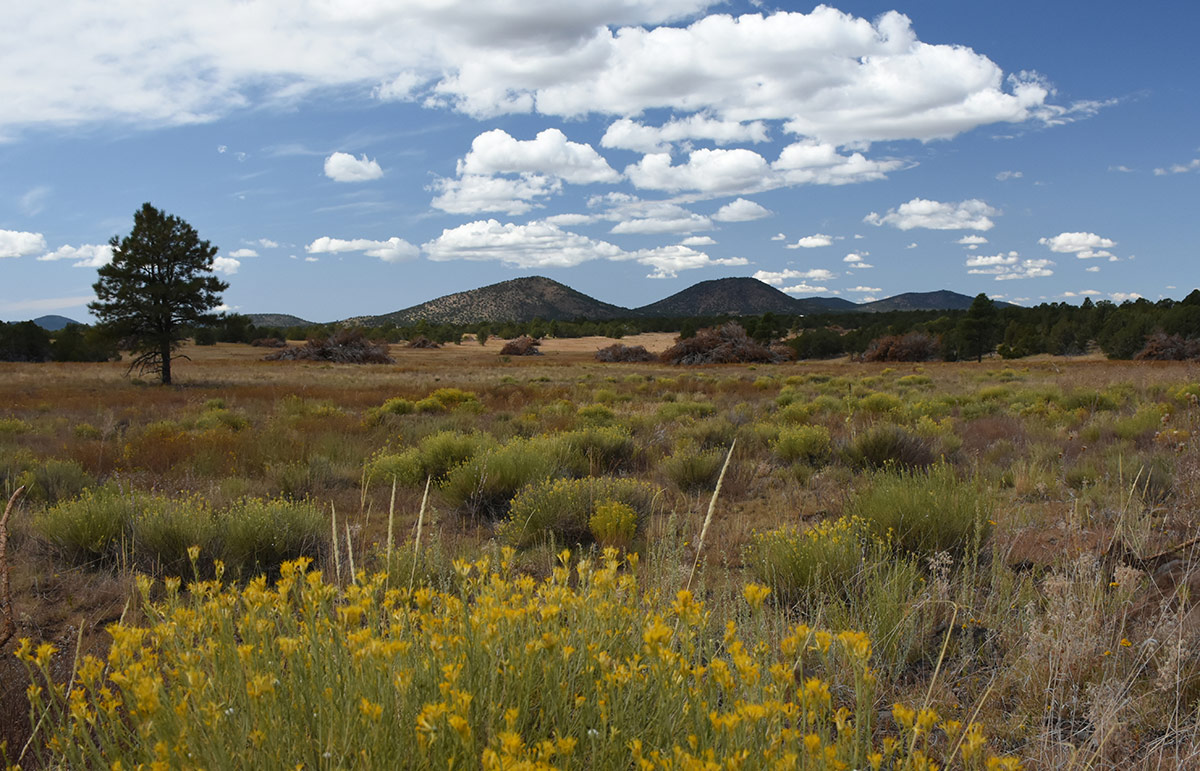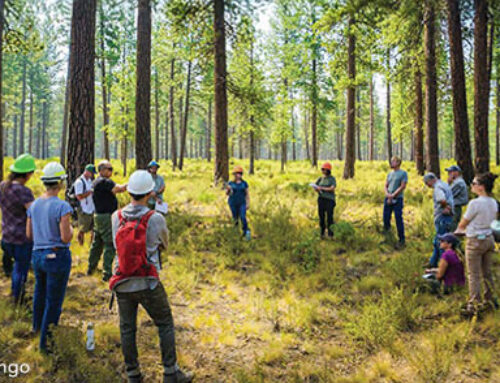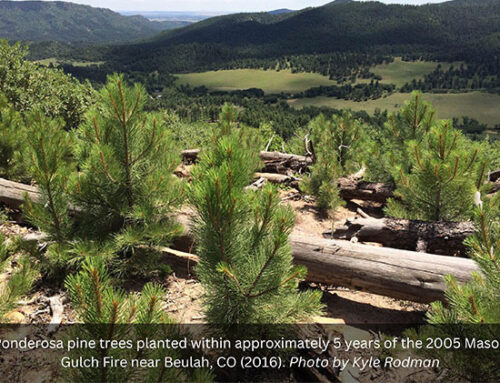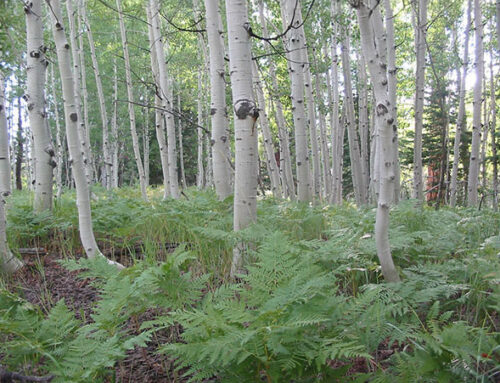Researchers and ecologists at the Ecological Restoration Institute (ERI) conduct rapid ecological assessments, also referred to as RAPs, to quickly gather relevant scientific information on an ecosystem, forest type, or stand to aid land managers in decision making. Standard field research can take years to complete, but RAPs are a method for ecologists to collect and analyze field data when time is limited and a quick response to a scientific inquiry is warranted.
Over the past 20 years, ERI ecologists have conducted numerous RAPs in the southwestern region. In 2020, researchers assisted the Kaibab National Forest by conducting a RAP to help them learn more about their pinyon-juniper woodland community in order to effectively prioritize management among competing land-use pressure.
The resulting RAP, An Assessment of Pinyon-Juniper Woodland Classification on the Kaibab National Forest, enhances vegetation classification data on pinyon-juniper forest types on the Kaibab National Forest. The report finds that given the extent of pinyon-juniper vegetation, the departure of that vegetation from the natural range of variability, and the immediacy of wildfire risk, pinyon-juniper could be a high priority for active management.




